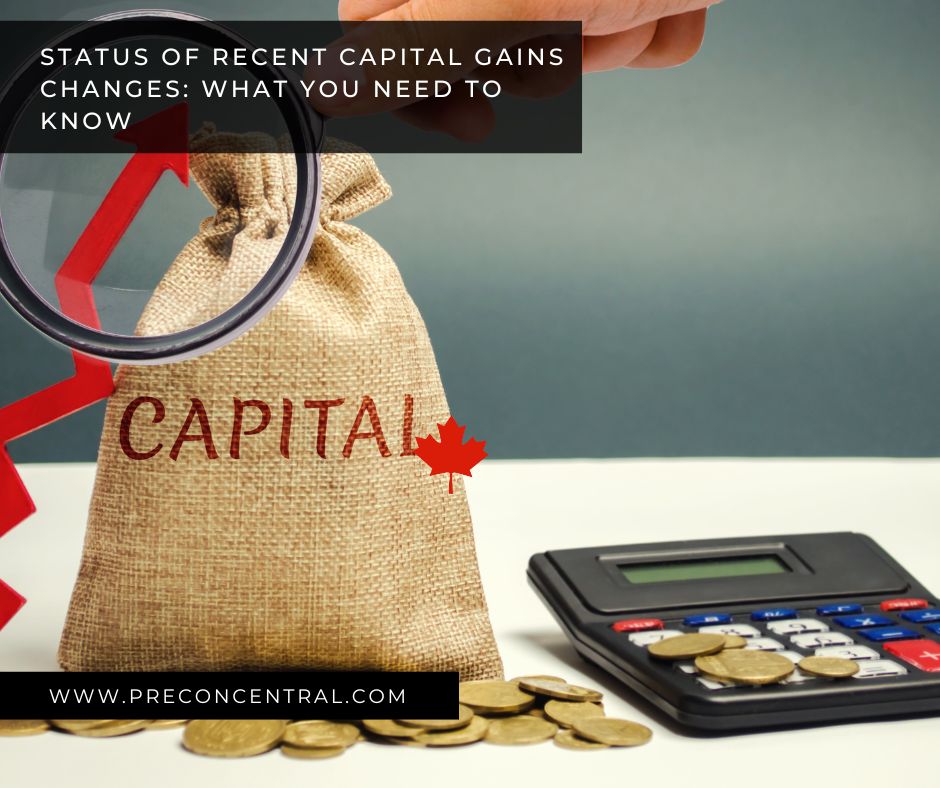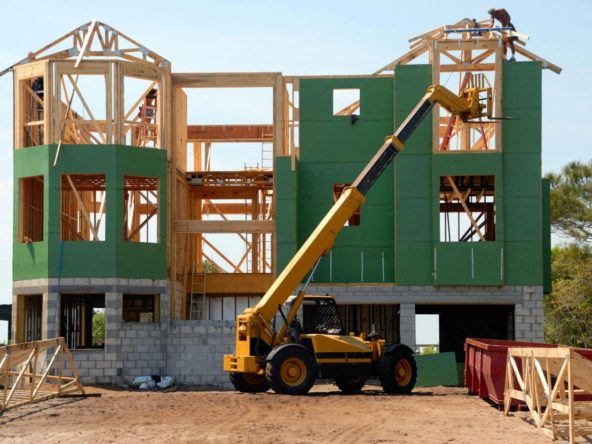Status of Recent Capital Gains Changes: What You Need to Know
The real estate and financial landscapes in Canada have been shaken by recent political developments. Prime Minister Justin Trudeau‘s resignation and the prorogation of Parliament until March 24, 2025, have left many Canadians wondering about the status of proposed capital gains tax changes. With the potential to impact individual taxpayers, corporations, and trusts, the temporary suspension of legislative activity is a hot topic for investors and homeowners alike. Let’s break it down.
What Does Prorogation Mean for Legislation?
When Parliament is prorogued, all pending bills and motions are terminated. This resets the legislative agenda, effectively putting a pause on any new laws or changes. For taxpayers, this means any bills that had not been passed are off the table—at least temporarily.
One of the most discussed measures impacted by prorogation is the proposed increase in the capital gains inclusion rate. Introduced in April 2024, this motion sought to raise the inclusion rate from 50% to 67% for annual capital gains exceeding $250,000. While it hadn’t yet become law, the Canada Revenue Agency (CRA) had already begun operating under this framework due to parliamentary conventions.
What Are the Proposed Capital Gains Changes?
Here’s a quick summary of the proposed changes:
- Inclusion Rate Increase: The amount of taxable capital gains for amounts exceeding $250,000 annually was set to increase to 67%.
- Scope: Applies to individuals, corporations, and most types of trusts.
- Primary Residence Exemption: Owners of primary residences remain exempt from these changes, keeping the home-sale market relatively unaffected.
Impact of Trudeau’s Resignation and Prorogation
With Parliament suspended, the Order Paper—a document listing all active legislative items—has been cleared. This includes the motion for capital gains tax changes. As of now, the CRA has paused its administration of this policy and awaits further direction when Parliament reconvenes.
For Canadians, this creates a temporary reprieve. However, it also brings uncertainty. Will the motion be reintroduced? Or will the government scrap it entirely?
The Toronto Regional Real Estate Board (TRREB) is actively monitoring the situation and will update its members as developments unfold.
What Does This Mean for Investors and Homeowners?
Investors and homeowners are left in a state of limbo. Here’s what you need to consider in the meantime:
- Primary Residence Exemption Stands: For homeowners selling their primary residence, there’s no immediate concern. Your capital gains remain untaxed under this exemption.
- Other Real Estate Investments: If you’re selling secondary properties or investment assets, you’ll want to stay informed about future changes.
- Corporations and Trusts: The paused legislation also affects businesses and trusts, which would have faced a similar hike in their inclusion rates.
For now, experts recommend a cautious approach. Avoid making hasty financial decisions until more clarity emerges.
What Happens Next?
Here’s a timeline to keep in mind:
| Date | Event |
|---|---|
| March 24, 2025 | Parliament reconvenes after prorogation. |
| TBD | Decision on reintroducing the capital gains motion. |
During this time, the CRA and the Finance Ministry will likely provide further updates. It’s crucial to keep an eye on credible sources and consult with your financial advisors.
Why These Changes Matter
The capital gains inclusion rate affects how much profit investors and homeowners keep when selling assets like stocks, rental properties, or business shares. A higher inclusion rate means paying more taxes on your profits. For example, under the proposed rate:
- If your annual capital gains total $300,000, the taxable amount increases from $150,000 to $200,000.
This significant difference underscores why it’s essential to stay informed about the status of recent capital gains changes.
How to Stay Prepared
Here are some practical steps to navigate the uncertainty:
- Consult Professionals: Speak with tax advisors or accountants who can help you strategize for various scenarios.
- Stay Informed: Follow updates from trusted organizations like TRREB and the CRA.
- Plan Ahead: If you’re considering selling investments or properties, timing could be crucial.
Final Thoughts
The status of recent capital gains changes is a fluid situation that requires attention. While the pause in legislative activity offers a temporary break, the future remains uncertain. For real estate investors, corporate entities, and individual taxpayers, staying proactive and well-informed is key.
As we await Parliament’s return in March 2025, one thing is clear: the decisions made in the coming months will shape Canada’s financial and real estate landscape for years to come. Stay tuned to PreConCentral.com for the latest updates and insights on how these changes could impact you.




